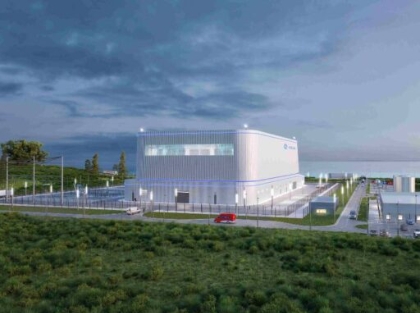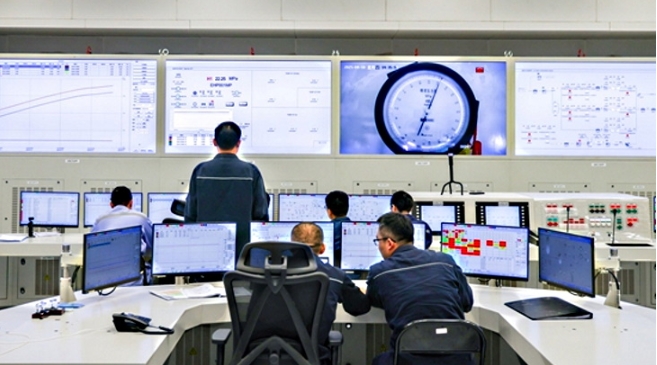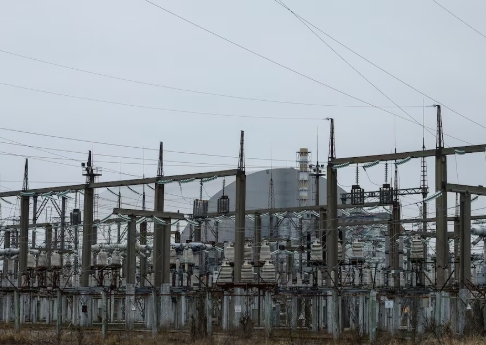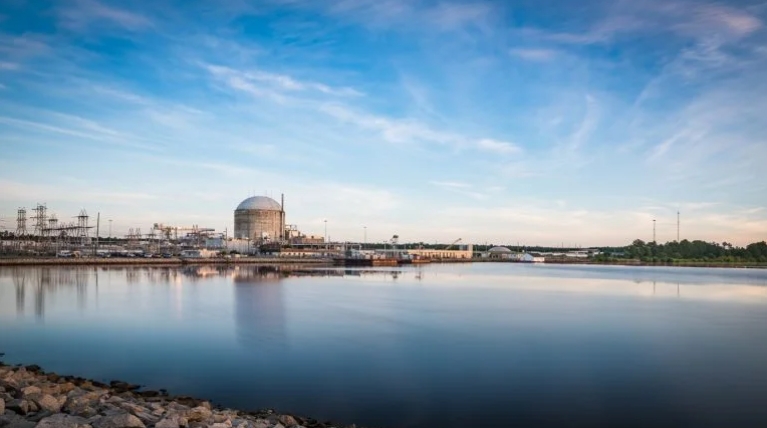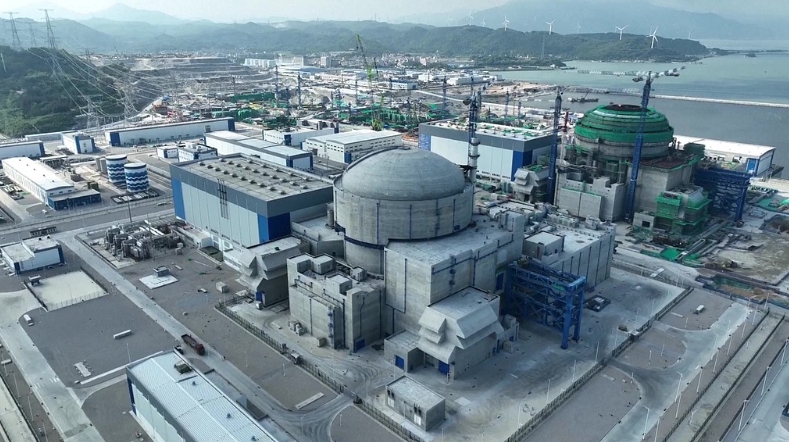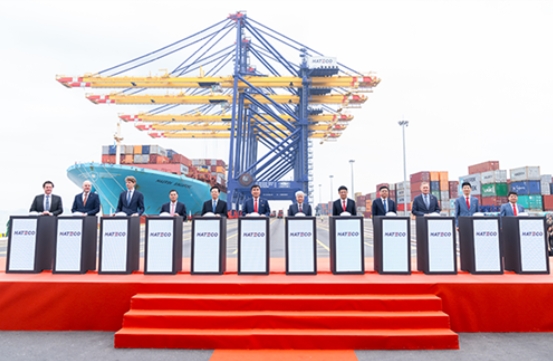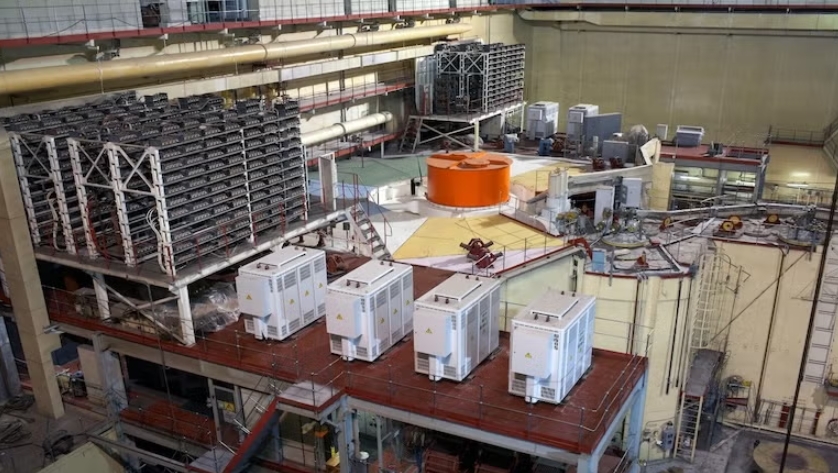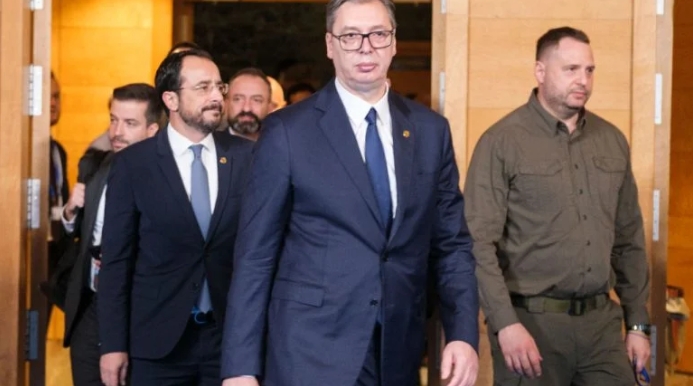
Serbia’s Minister of Mining and Energy, representatives of five other ministries, and 20 academic faculties, energy companies and scientific institutes have signed a memorandum of understanding (MOU) on the development of nuclear energy in Serbia.
Đedović Handanović, the Minister of Mining and Energy, said that the aim of the MOU was to gather experts to set up a programme for nuclear energy in the country, noting that “the use of nuclear energy is foreseen in one of the scenarios of the Integrated National Energy and Climate Plan”.
The ministry also said that the 1989 ban on the construction of new nuclear plants in Serbia did not “refer to scientific research and research-development works, mining-geological research works and staff training”.
A preliminary study is planned to provide analysis of available technologies and to inform decisions taken “along with the development of educational and scientific programmes, strengthening of capacities in our institutes, and creation of a regulatory and institutional framework”.
At the MOU meeting, Minister of Environmental Protection Sandra Dokić cited the examples of Poland and Romania, which are looking to build up their nuclear industries, stating that her country will aim to follow suit.
In March, Serbian President Aleksandar Vučić said his country will work towards 1.2GW of nuclear capacity from small modular reactors, and it will need financing and support from other countries to achieve the goal.
There are certain issues Serbia needs to overcome if it is to develop its nuclear industry. First, the country does not know where to source nuclear fuel and lacks access to financing, which Vučić estimates will require around €8bn ($8.7bn). He called for help from the EU to help address these problems.
The civilian population is also averse to nuclear projects; public sentiment towards nuclear had stayed fairly consistent since nuclear fuel production plants and facilities used for nuclear processing were banned in 1989, following the Chernobyl catastrophe three years earlier.
